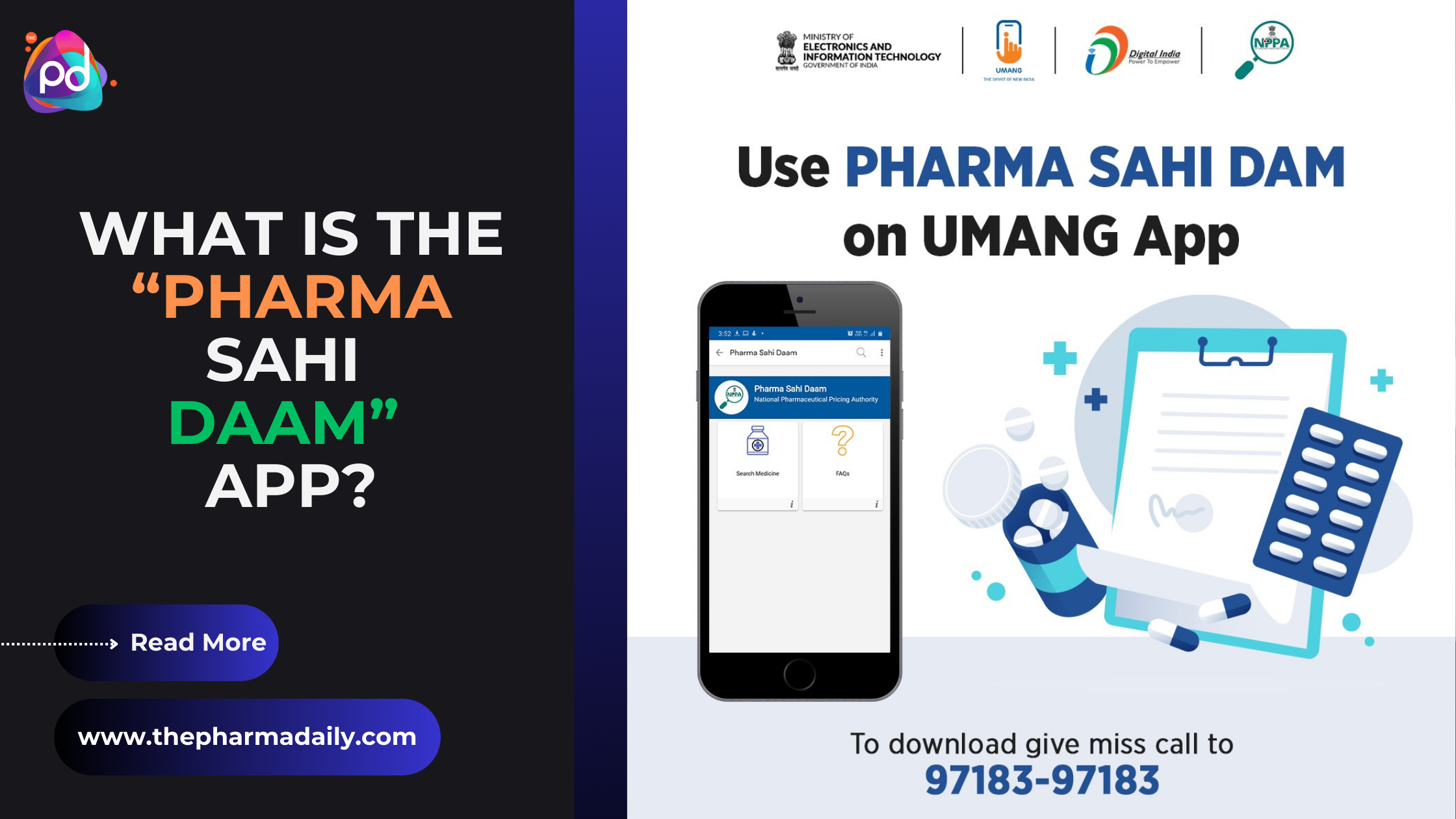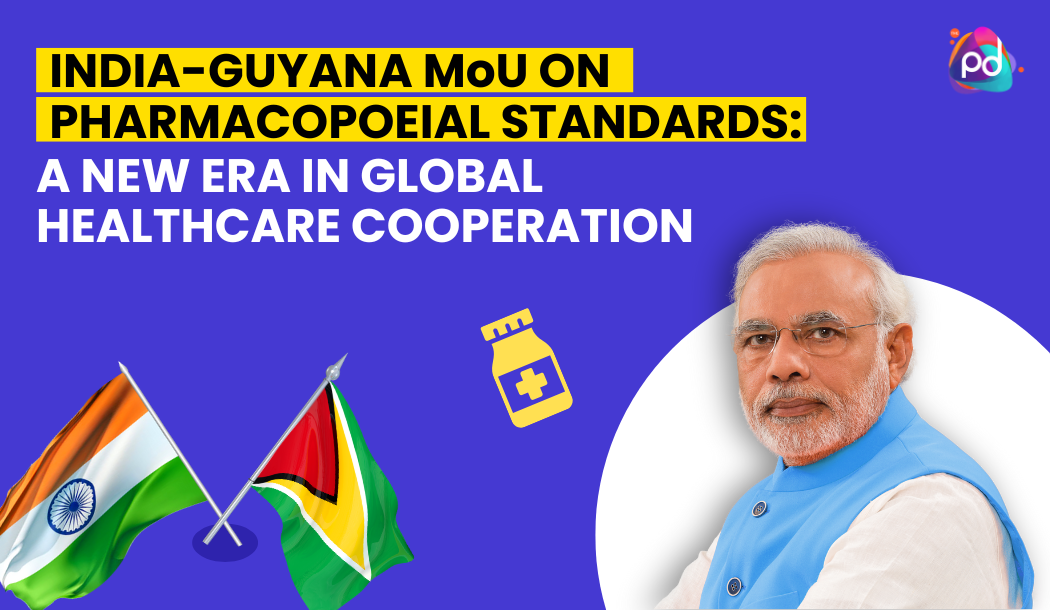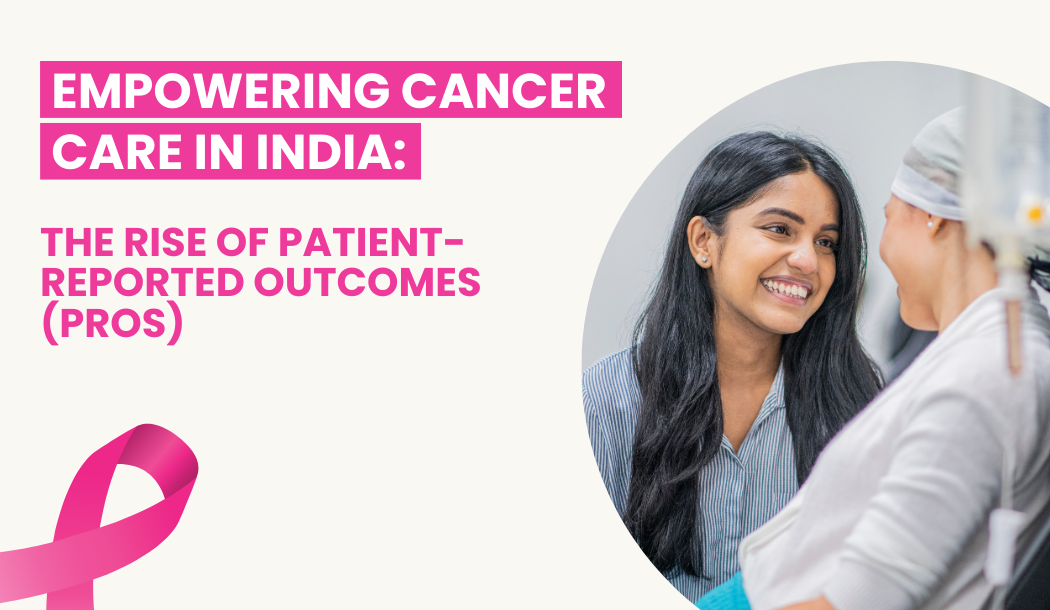Pharma Sahi Daam App: Revolutionizing Medicine Price Transparency in India
Mastering Your NTT Data Information Processing Services Medical Coding Interview: A Beginner's Guide 🌟
Introduction:
Stepping into the world of medical coding with NTT Data Information Processing Services? As a burgeoning field that bridges healthcare and technology, medical coding offers a unique set of challenges and opportunities, especially for freshers. This detailed guide is designed to arm you with knowledge and confidence, featuring essential interview questions and answers tailored for those new to the field. Let’s navigate through this together and set the stage for a successful start in your medical coding career! 💼
1. What motivates you to pursue a career in medical coding, specifically with NTT Data Information Processing Services? 🚀
Answer: My motivation stems from a keen interest in healthcare and information technology. NTT Data Information Processing Services stands out due to its innovative approach and commitment to excellence in healthcare solutions. I am excited by the opportunity to contribute to streamlining healthcare processes and improving patient care through accurate medical coding.
2. How would you explain the significance of medical coders in the healthcare industry? 🏥
Answer: Medical coders play a pivotal role in the healthcare industry by ensuring that healthcare encounters and procedures are accurately recorded and billed. This not only facilitates efficient healthcare delivery and reimbursement but also supports healthcare analytics and research, contributing to overall healthcare quality improvement.
3. What do you understand by the term 'medical necessity' and its importance in medical coding? ✍️
Answer: Medical necessity refers to healthcare services or procedures that are essential for diagnosing or treating a patient’s medical condition according to accepted standards of medical practice. It’s crucial in medical coding because it justifies the need for procedures and treatments, impacting the reimbursement process. Coders must ensure that the codes reflect the medical necessity of the services provided to ensure accurate billing and compliance.
4. In your opinion, what are the critical qualities a medical coder should possess? 🤔
Answer: A proficient medical coder should exhibit meticulous attention to detail, strong analytical skills, and a solid understanding of medical terminology and coding guidelines. Additionally, integrity and a commitment to confidentiality and ethics are paramount, considering the sensitive nature of patient data.
5. How do you differentiate between outpatient and inpatient coding? 📊
Answer: Outpatient coding involves coding the records of patients who receive services without being admitted to the hospital, such as diagnostic tests or minor procedures. Inpatient coding, on the other hand, deals with patients who are admitted to a hospital for at least one night. The main difference lies in the complexity and the coding guidelines used, with inpatient coding generally being more intricate due to the comprehensive nature of services provided.
6. Can you describe a recent update in medical coding that you found challenging or interesting? 📅
Answer: One recent update I find interesting is the annual addition and modification of ICD-10-CM codes. These updates reflect advances in medical knowledge and practices. Keeping abreast of these changes is challenging yet crucial for accurate and current medical coding.
7. Explain how you would handle a discrepancy between a healthcare provider’s notes and the codes you believe are appropriate. 🕵️♂️
Answer: If I encounter a discrepancy, I would first review the healthcare provider’s notes and coding guidelines thoroughly to ensure my understanding is correct. If the discrepancy persists, I would consult with the healthcare provider or a senior coder for clarification to ensure that the coding accurately reflects the services provided, maintaining compliance and integrity in the coding process.
8. What strategies do you use to maintain accuracy and efficiency in your coding work? 🎯
Answer: To maintain accuracy and efficiency, I prioritize continuous learning and staying updated with coding guidelines and healthcare regulations. Utilizing coding software effectively and participating in coding forums or study groups also helps. Additionally, I believe in the importance of taking regular breaks to prevent burnout and maintain a high level of concentration.
9. How do you manage the coding of complex cases, especially when multiple diagnoses and procedures are involved? 🧩
Answer: For complex cases, I break down the information into manageable segments, ensuring each diagnosis and procedure is accounted for accurately. I reference coding manuals and online resources for any ambiguous or complicated scenarios and consult with peers or superiors when necessary. Prioritizing clarity and compliance is key in these situations.
10. Why is it essential to adhere to HIPAA regulations in medical coding, and how do you ensure compliance? 🛡️
Answer: Adhering to HIPAA (Health Insurance Portability and Accountability Act) regulations is essential to protect patient privacy and secure sensitive health information. I ensure compliance by staying informed about HIPAA requirements, attending training sessions, and always using secure methods to handle and transmit patient data. Regular audits and checks for potential privacy breaches are also part of my compliance strategy.
Conclusion:
Embarking on your career journey with NTT Data Information Processing Services in the field of medical coding is a step towards a promising and fulfilling career. This guide is designed to provide you with a solid foundation of knowledge and prepare you for your interview. Remember, your ability to adapt, learn, and apply your skills effectively is just as important as your technical knowledge. Best of luck, and we hope to see you contribute to the innovative world of medical coding at NTT Data Information Processing Services! 🌈












